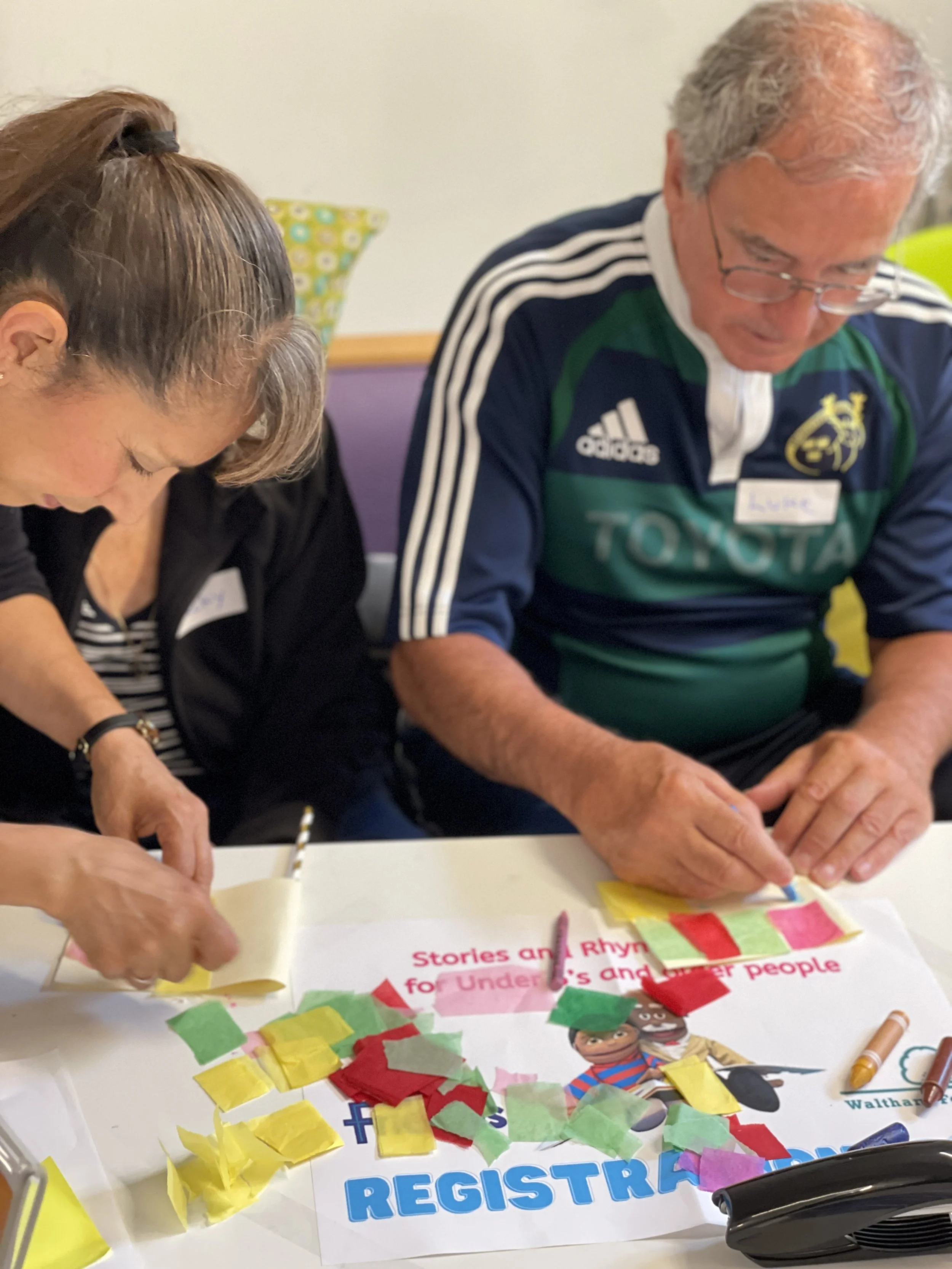Impact and Issues
Why are we needed?
Intergenerational connections are essential for building resilient, healthy communities. Across every age group, our society faces growing divisions that can leave individuals isolated and misunderstood. By breaking down barriers between generations, we create opportunities for friendship, mutual learning and improved wellbeing.
The challenges we address include:
Social isolation and loneliness Across all age groups, regular interaction with non-family members creates networks of support that reduce isolation. Research shows that these broader social contacts are linked to improved mental wellbeing and lower rates of anxiety.
Stereotyping and age discrimination Limited exposure to diverse age groups can reinforce misconceptions. By engaging with people outside their immediate family, individuals challenge stereotypes and see the benefit in every generation.
Fragmented communities When social interactions are confined to familiar circles, communities miss out on the wider perspective that intergenerational exchange provides. Regular, structured engagement across generations builds more unified communities that benefit everybody.
Missed opportunities for collective learning Research demonstrates that maintaining regular social contacts with non-family members boosts cognitive function and emotional resilience.
Read The State of Intergenerational Relations Today the ILC-UK for more.
“This is amazing and should be a staple in all boroughs/libraries. The programme is doing huge work for the mental health and loneliness of older generations and the education of our new generation.”
“Investment should be made in intergenerational contact interventions, which aim to foster interaction between people of different generations.”
— World Heath Organisation (WHO)
Our Impact
Our work makes people happier and less lonely. This happens in a variety of ways, from reducing new parents’ isolation and making older adults feel like valued members of their community, to improving care home morale and giving children the benefit of the wisdom and friendship of different generations.
Here are some headlines from our recent evaluation.
On average, 78% of Songs & Smiles participants (residents and parents/guardians) felt less lonely
89% of residents felt more connected to their community through Songs & Smiles
100% of care home staff said they noticed ‘positive changes in their residents’ mood or emotional wellbeing’ since joining Crafting Connections
93% of older adults said attending our programmes brightened their week
On average, 93% of participants felt that Songs & Smiles brightened their week
“As someone who experiences postnatal depression, it was so good to be in an environment where I felt we were contributing to a positive impact on others and where I felt useful to others. I feel valued and energised as a result of the session, with a lift in my mood. It has also made me feel more a part of the local community, giving a feeling of being reciprocally supported through socialising.”




